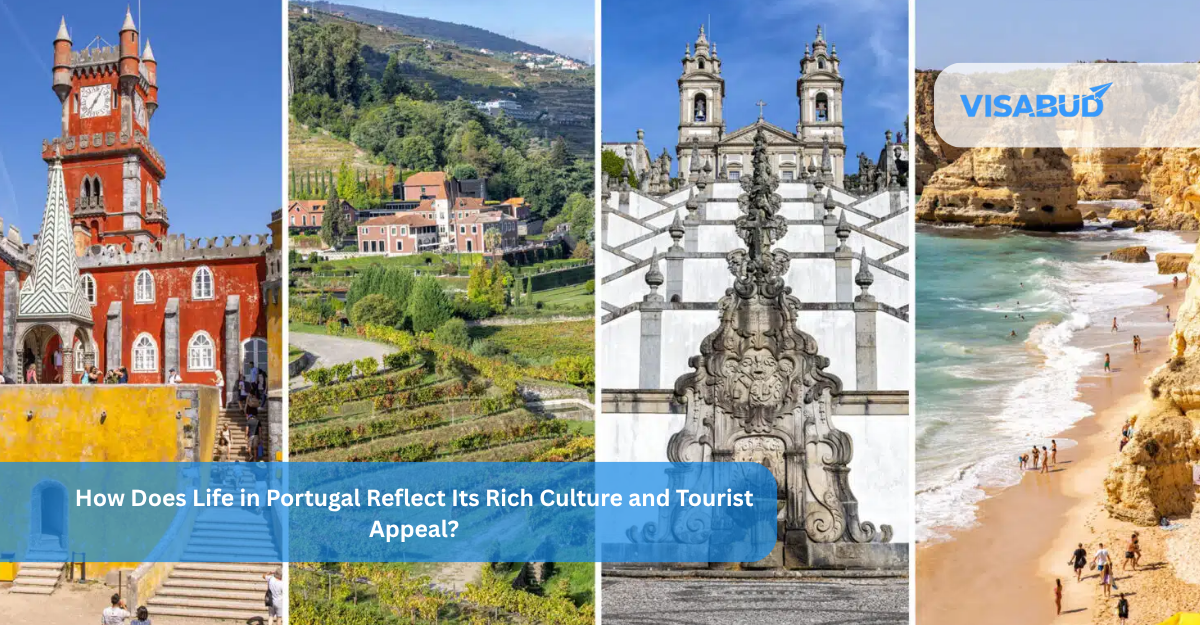Uzbekistan Travel Guide: All you need to know to visit Uzbekistan in 2025
Welcome to Uzbekistan
Uzbekistan country information
Uzbekistan is a nation located in Central Asia, bordered by Kazakhstan to the north, Kyrgyzstan to the northeast, Tajikistan to the southeast, Afghanistan to the south, and Turkmenistan to the southwest.
Geography
Uzbekistan is a large country, covering an area of 447,400 square kilometers (172,700 square miles). The country’s terrain is mostly flat, except for the eastern part, which is dominated by the Tian Shan mountain range. The highest peak in Uzbekistan is Khazret Sultan, which stands at 4,643 meters (15,233 feet). The country’s two main rivers are the Amu Darya and the Syr Darya, which both originate in the mountains of Tajikistan and flow through Uzbekistan before emptying into the Aral Sea. The country has many lakes and wetlands, including the Aydarkul Lake and the Amu Darya Delta.
Climate
Uzbekistan has a temperate climate with hot summers and cold winters. During the summer, the average temperature typically falls between 30°C to 40°C; in winter, the temperatures can drop below freezing. The country receives little rainfall, particularly in the desert regions, and experiences occasional dust storms. Spring and autumn are mild and pleasant, making them the best times to visit. However, the mountainous areas in the east have a more Fair climate with cooler temperatures and more precipitation.
Population
Uzbekistan has a population of approximately 34 million people. Tashkent is the country’s largest city and capital, with over 2.4 million people. Other major cities in Uzbekistan include Samarkand, Bukhara, and Andijan. These cities are important cultural and historical centers in the region, with a rich heritage and many attractions for visitors to explore.
Language
The official language of Uzbekistan is Uzbek, a Turkic language spoken by around 85% of the population. Russian is also widely spoken and used in government, business, and education. Many Uzbekistanis are bilingual, with Uzbek and Russian being the most common language combination. Small communities also speak other languages, such as Tajik, Kazakh, and Karakalpak.
Religion
The majority of Uzbekistan’s population, around 95%, is Muslim, with Sunni Islam being the predominant denomination. Other religions in the country include Russian Orthodoxy, Roman Catholicism, and various forms of Protestantism. Uzbekistan has a long history of religious diversity and tolerance, with many different faiths coexisting peacefully in the country.
Government
Uzbekistan is a presidential republic, with the President serving as both the head of the nation and head of government. The President is chosen by popular vote for five years and has significant powers, including appointing and dismissing government officials. The country’s parliament is the Supreme Assembly, which is composed of two chambers: The Legislative Chamber, which is the lower house, and the Senate, which is the upper house. The President appoints the Senate members, while the Legislative Chamber members are elected by popular vote for five years.
Economy
Uzbekistan has a mixed economy heavily reliant on natural resource exports, including natural gas, gold, and cotton. However, the government has recently implemented economic reforms to expand the economy and reduce its dependence on commodity exports. The country’s primary industries include agriculture, mining, and manufacturing, with cotton being a significant cash crop. The government has also promoted foreign investment and private sector growth to stimulate economic development and create new job opportunities.
Tourism
Uzbekistan is a popular tourist destination thanks to its rich history and cultural heritage. The country boasts many ancient sites and monuments that have endured time, allowing visitors to explore its fascinating past. The cities of Samarkand, Bukhara, and Khiva are trendy destinations, thanks to their well-preserved examples of Islamic architecture. These cities are abode to some of the most impressive structures in the world, including mosques, mausoleums, and palaces. Visitors to Uzbekistan can also enjoy its stunning natural landscapes, including the deserts and mountains that cover much of the country.
Recent History
Under Shavkat Mirziyoyev, the country implemented economic and political reforms, including liberalizing the currency market and improving human rights. Uzbekistan has also pursued a more open foreign policy, including resolving border disputes with neighboring countries. In 2021, the country held parliamentary elections, which international observers criticized for lacking genuine competition.
Related Articles

5 min read
How Traveling Can Improve Your Mental Health and Outlook on Life
Travel isn’t just about snapping selfies or crossing destinations off a bucket list it can actually transform the way you think, feel, and experience the world. Whether it’s a weekend
Read More
5 min read
How Does Life in Portugal Reflect Its Rich Culture and Tourist Appeal?
If you're considering a trip to Portugal or even thinking about living there you're not alone. There's something about this beautiful country that captures people’s attention. Maybe it’s the sunny
Read More
5 min read
What Should You Know About Ireland’s Lifestyle, Weather, and Culture Before Visiting?
🇮🇪 Planning a Trip to Ireland? Here's What You Need to Know Ireland is more than just green hills, friendly smiles, and pints of Guinness. It’s a country full of
Read MoreIndian citizens need a visa to visit Uzbekistan. You can request an e-visa or a visa through the Embassy of Uzbekistan in New Delhi.
The official currency of Uzbekistan is the Uzbekistani som (UZS).
The best season to visit Uzbekistan is during the spring and autumn months of April to May and September to November.
Uzbekistan is home to many ancient cities, mosques, and bazaars. Some famous tourist destinations in Uzbekistan include Tashkent, Samarkand, Bukhara, and Khiva.
The official language of Uzbekistan is Uzbek, which is a Turkic language. However, many locals also speak Russian; some may speak English, especially in tourist areas.
